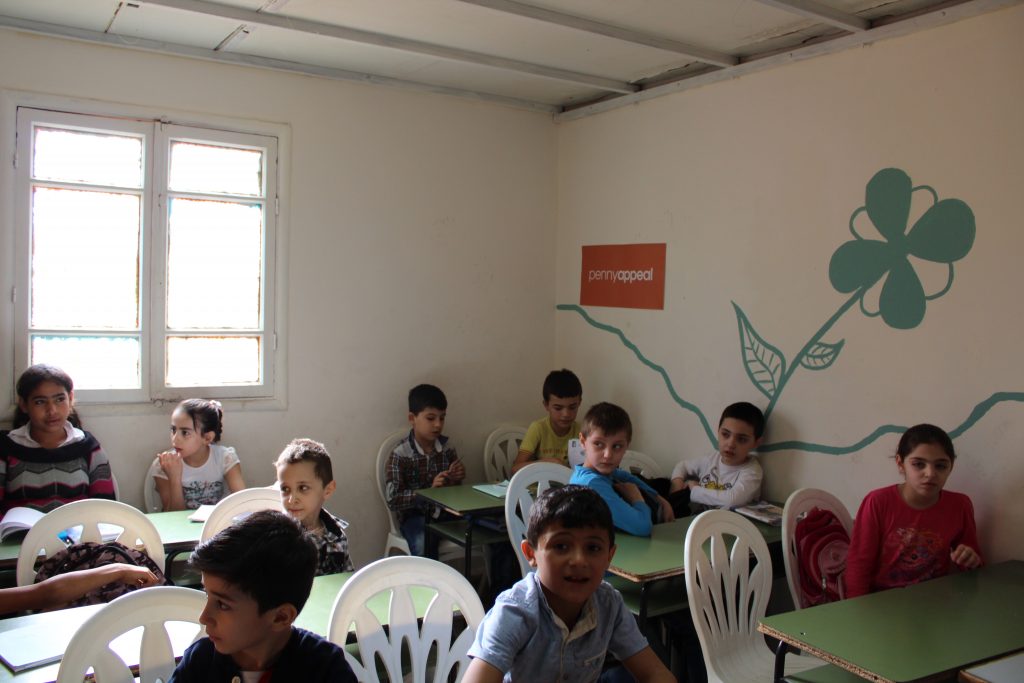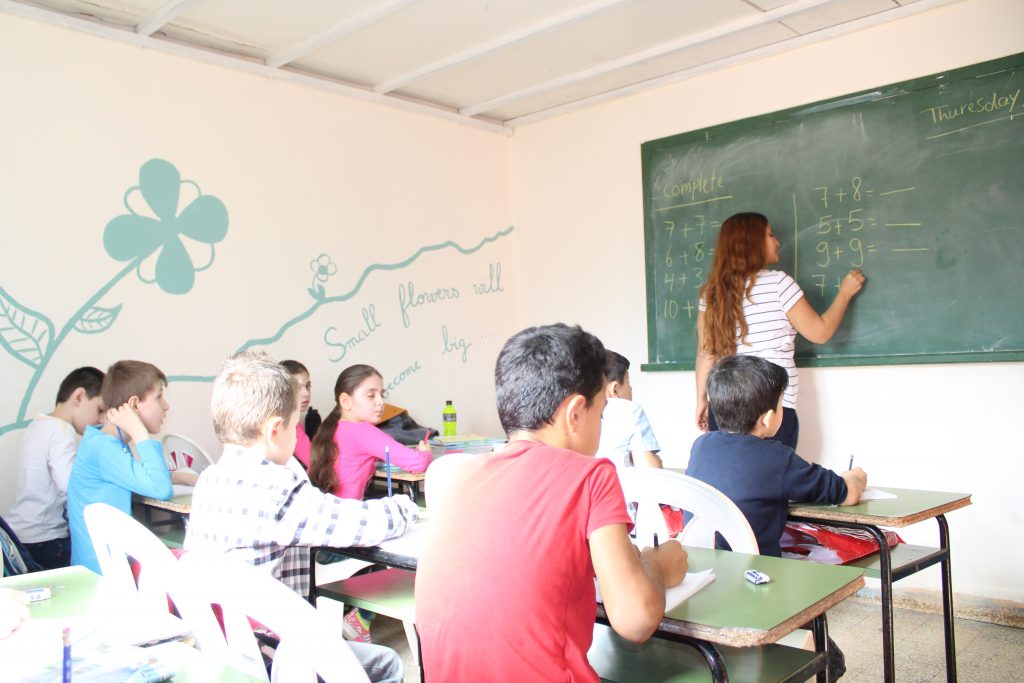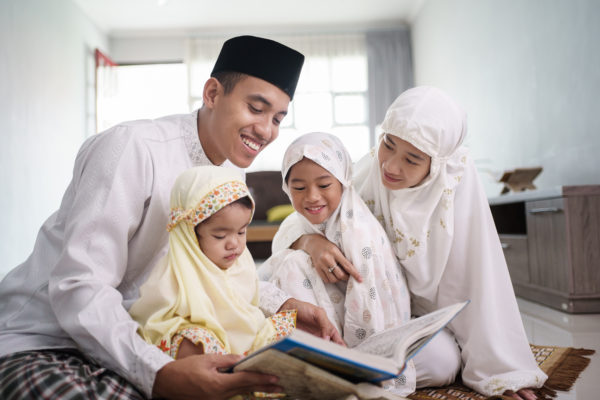You could say that the crisis is no longer a quiet one in Lebanon. It’s pretty deafening, actually.
You could say that the crisis is no longer a quiet one in Lebanon. It’s pretty deafening, actually.
There’s a quiet crisis going on around the world. It often goes forgotten, unnoticed; but if you listen carefully, you hear the same story again and again, all around the world.
You can hear it in the voices of children begging on the streets. You can see it when you visit refugee camps around the world. The quiet crisis is this: the millions of forgotten children that are on the streets, unregistered and not going to school.
I’ve been working with Penny Appeal on an amazing project to help tackle this quiet crisis in Lebanon, educating Lebanese street children and refugees from Syria. After years of war and conflict in Syria, millions of people have fled to Lebanon, seeking safety and protection. The Lebanese people are incredibly welcoming, but there’s no doubt that this is causing a lot of strain on their infrastructure; after all, a quarter of Lebanon’s population now consists of Syrian refugees.
There are 1.5 million refugees in Lebanon according to the UN, but the Lebanese government only recognises 1 million. Many of these unregistered Syrian refugees are living in informal camps, not officially recognised by the Lebanese government – which, quite understandably, is in a stalemate and unsure of how to move forward. This means that hundreds of thousands of Syrian children are not in formal education – and this is adding to the many poor Lebanese children who don’t go to school either.
You could say that the crisis is no longer a quiet one in Lebanon. It’s pretty deafening, actually.

We wanted to do something to help these children. We knew they needed to be in school, learning and building a future for themselves and their families. But you can’t just send these kids straight off to school – usually, they’ve been out of formal education for so long that they’d really struggle if they went into mainstream schools. These children don’t even know the basics of reading, writing, maths, and languages, so if they went straight to school, there’s no way they’d be able to keep up – they might even get bullied by the other kids, or become disruptive to their classmates. Sadly, most of them would just end up dropping out.
So, we set up a year-long project teaching a group of thirty children for just a few hours every day, with classes in Arabic, English, Maths, Sports and Hygiene Awareness. This meant that the children could learn at a more manageable pace, and get up to speed with their peers. Our goal was to help educate and prepare these kids so that they’re ready and able to go to mainstream schools after our program ends.
We also offered psychosocial support, giving the children a chance to talk about the things which may have traumatised them in the past. These kids have been through so much. For the Syrian children especially, we have no idea what kind of impact the war is going to have on them growing up – but at least this gave them a safe space where they can talk about it and address those issues. Many of the Lebanese children have also been through abuse and trauma, too.
The other great thing about this project is that we worked with the parents; some of them were so poor that they were forced to send their kids out onto the streets to beg to earn some kind of income. But we worked with parents, creating a network of support and helping them to understand that there is a better way for their children and their families through education. Every child deserves to go to school; to be a kid, to learn and to enjoy their childhood.
Most of the children were illiterate before attending the classes, but they learnt so much during the project.
The father of one of the 10 year old students said that he had previously tried to enroll his son into a public school but had no success. His son had therefore missed out on two years of education, and didn’t know the alphabet. He couldn’t enroll in any other school because it would be impossible for him to follow the classes. He told us:
“My son dropped out of school twice because he couldn’t understand a word of any of his classes. I thought maybe he just wasn’t very clever, until he entered the education programme. Now he can read and write and even helps his younger brother with his homework!”

Another 11 year old Syrian girl also told us:
“I have always been really envious of my neighbours because I see them carrying backpacks every morning and going to school. But now I can show them that I go to school too!”
We don’t want this to remain a quiet, unnoticed crisis. We’re listening to these children, trying to make a difference to Syrian refugees and local Lebanese families who need our help to build a brighter future.
This is one of my favourite projects I’ve ever worked on; bringing sustainable change to the people of Lebanon. So I’m going to ask you to listen up, too.
Listen to these children; they just want to learn.
We’re currently looking for funding to keep this incredible project going, so that we can continue to change lives in Lebanon! You can support Penny Appeal’s work educating street children in Lebanon here.





